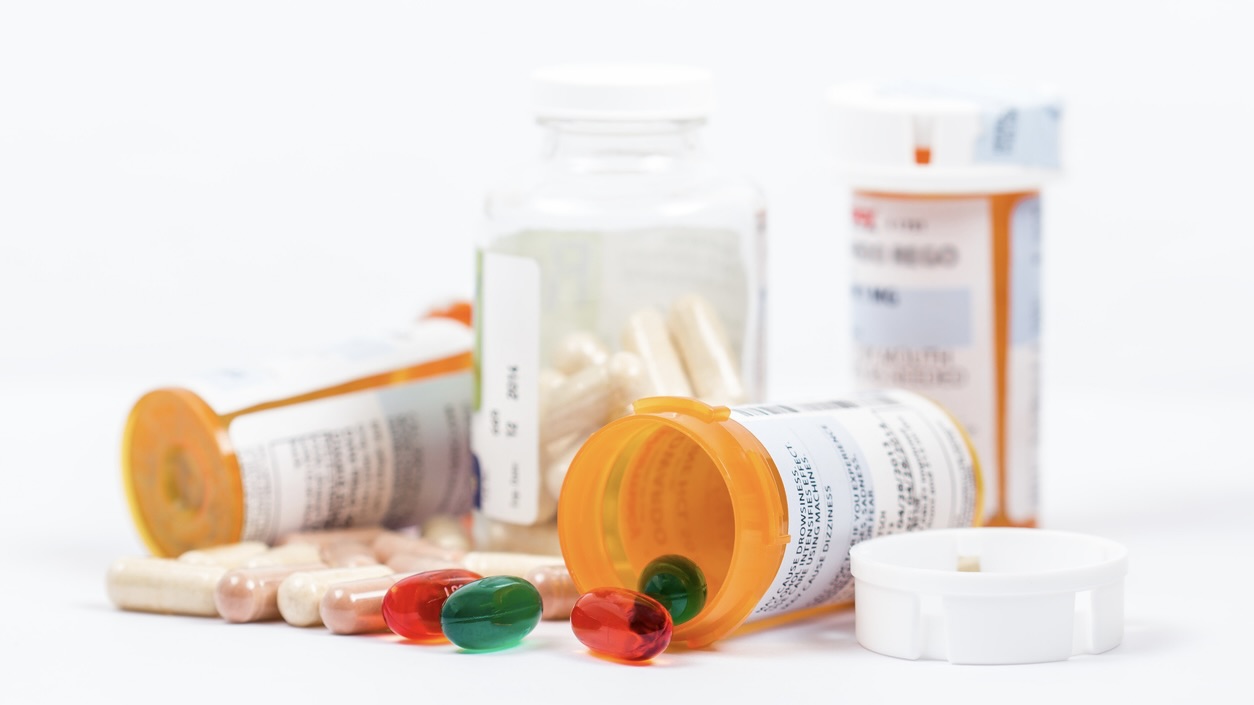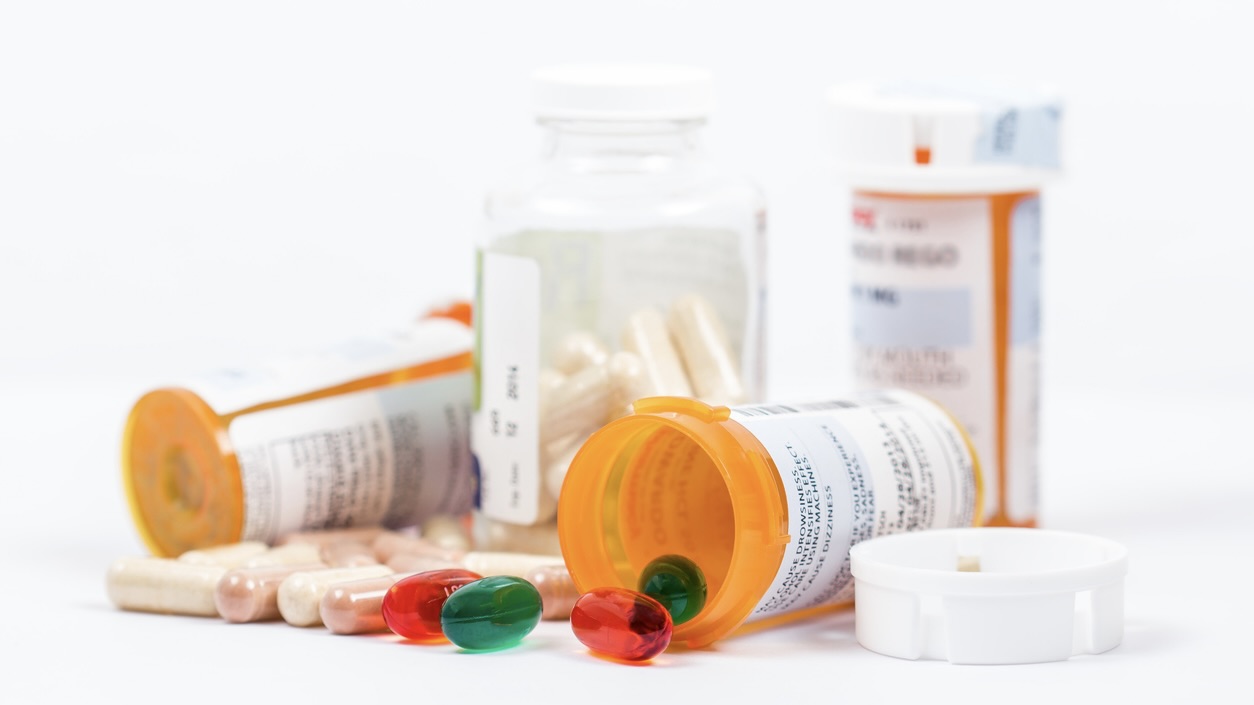Children and pets are particularly vulnerable, and the risk of accidental ingestion at home is high enough to warrant immediate and irreversible disposal.
![]()
Published Jun 02, 2025 | 8:00 AM ⚊ Updated Jun 02, 2025 | 8:00 AM

The 17 drugs listed in the advisory include some of the most powerful and commonly used opioids, sedatives, and stimulants.
Synopsis: The Central Drugs Standard Control Organisation has issued an unusual advisory urging the public to flush 17 highly potent medicines down the toilet or sink if expired or unused, rather than discarding them in household rubbish. This measure aims to prevent fatal accidental ingestion, especially by children and pets, as these drugs – including fentanyl and morphine – pose severe risks even in small doses.
In an unusual advisory, the Central Drugs Standard Control Organisation (CDSCO) has urged the public to flush 17 specific medicines down the toilet or sink if they are expired or unused – rather than discarding them in household rubbish.
The directive addresses a critical but often overlooked risk: several of the listed medicines are so potent that they could prove fatal if ingested by anyone other than the intended patient, even in small doses.
Children and pets are particularly vulnerable, and the risk of accidental ingestion at home is high enough to warrant immediate and irreversible disposal.
“There is a small number of medicines that may be especially harmful and in some cases, fatal with just one dose if they are used by someone other than the person for whom the medicine was prescribed,” the CDSCO notes.
Also Read: SAA-K lauds Karnataka’s move to close Janaushadhi Kendras in government hospitals — with a rider
Which drugs are on the list?
The 17 drugs listed in the advisory include some of the most powerful and commonly used opioids, sedatives, and stimulants.
Fentanyl and its derivative, Fentanyl Citrate, top the list. These opioids are among the most potent available and can cause respiratory failure within minutes if misused.
Other opioids such as Morphine Sulphate, Methadone Hydrochloride, and Hydromorphone Hydrochloride – typically prescribed for severe pain – are similarly dangerous even in small quantities if ingested accidentally.
The list also includes more commonly prescribed drugs such as Diazepam, a benzodiazepine used to treat anxiety and seizures, and Methylphenidate, a stimulant used for attention-deficit disorders. Both carry serious risks if misused.
Tramadol, Oxycodone, and Tapentadol – opioid-based medicines prescribed to manage moderate to severe pain – are also included.
The complete list of drugs is as follows:
- Fentanyl
- Fentanyl Citrate
- Morphine Sulphate
- Buprenorphine
- Buprenorphine Hydrochloride
- Methylphenidate
- Meperidine Hydrochloride
- Diazepam
- Hydromorphone Hydrochloride
- Methadone Hydrochloride
- Hydrocodone Bitartrate
- Tapentadol
- Oxymorphone Hydrochloride
- Oxycodone
- Oxycodone Hydrochloride
- Sodium Oxybate
- Tramadol
Also Read: At a Tamil Nadu dental clinic, patients walked in with tooth pain – and left with a deadly brain infection
Why not other disposal methods?
The CDSCO explains that flushing is recommended for these specific medicines because it ensures immediate and total inaccessibility.
Other disposal methods – such as placing medicines in household rubbish, even if sealed – may still lead to accidental exposure by children, pets, or waste-pickers.
In the absence of widespread take-back programmes or secure medicine disposal facilities across India, flushing, in the CDSCO’s view, remains the only reliable method to eliminate the risk promptly.
Ordinarily, flushing medicines is discouraged because pharmaceutical compounds can enter water systems, harm ecosystems, and bypass treatment plants that are not equipped to filter them out.
There are also growing concerns over antimicrobial resistance linked to the environmental release of bioactive substances – particularly antibiotics – that are not disposed of safely.
However, the CDSCO has made a calculated exception for this group of 17 drugs.
The advisory draws on international practices, including WHO guidelines, USFDA policies, and India’s own Biomedical Waste Management Rules, 2016.
The CDSCO has also urged state governments and local authorities to collaborate with chemist associations to set up drug take-back initiatives, enabling consumers to return unused or expired medicines safely.
(Edited by Dese Gowda)


